How does sitting affect health and how much exercise do we need to counteract the effects of inactivity? Are 10,000 steps a day really enough to preserve health and beat back the crawling death of prolonged sitting? Is there a distinction between too little exercise and too much sitting?
In a new study, researchers went combing for answers, studying the effects of acute exercise on metabolic health markers.
Before we take a look, let’s be clear that this article won’t be focusing on biomechanical implications of inactivity. Research connecting sitting with poor posture and pain has failed to live up to the outrage. Links between inactivity and metabolic decline, however, are gathering steam.
Inactivity Induced Exercise Resistance
We know that exercise can immediately drive a bunch of metabolic benefits that can last for at least a day after. Insulin sensitivity, glucose tolerance, postprandial lipemia and a myriad of other cardiovascular disease risk factors have all improved after acute exercise.
But, new research has found that after a dose of prolonged sitting, these exercise benefits may not be as powerful.
Scientists from the University of Texas have discovered that a period of sedentary behaviour triggers what they’ve called ‘exercise resistance.’
This is where after a period of inactivity, you can become immune to the benefits derived from an exercise bout.
Ten untrained and recreationally active volunteers completed two four-day periods, consisting of:
- Sitting for 13.5 hours per day, taking less than 4,000 steps.
- Sitting for 13.5 hours per day, taking less than 4,000 steps, with a 1-hour treadmill workout on the evening of the fourth day.
The morning after, participants completed a high-fat/glucose tolerance test, analysing plasma triglycerides, glucose, and insulin response. The aim was to compare findings and unfold the impact of a single exercise bout on metabolic health markers.
So, how does sitting affect health?
Interestingly, they found no differences in lipid, glucose and insulin metabolism between trials.
These results suggest that prolonged inactivity before exercise induces a kind of ‘exercise resistance.’ Where the body fails to respond with the usual cascade of metabolic improvements following exercise.
It remains to be explored whether the same exercise resistance might occur after a single day of sitting. Another avenue would be to look at how much activity it would take to mitigate this metabolic stagnation if your job requires you to sit all day long.
Final Thoughts
Plenty of things left to dive into here, but two things emerge out of the clutter clear as crystal:
1. The more you sit, the less you might gain from a given amount of exercise, thanks to exercise resistance.
2. Consistency beats intensity, every time.
Keep it moving.
Reference
- Inactivity induces resistance to the metabolic benefits following acute exercise. Atkins, et al. 2019
Related
- Metabolism-isms: Free email series uncovering myths about metabolism
- Seated Arnold Press: How To Do That Weired Dumbbell Shoulder Press Exercise Variation
- Exercise and Mental Health Benefits
- 126 Quick Health and Fitness Tips
- Text Neck
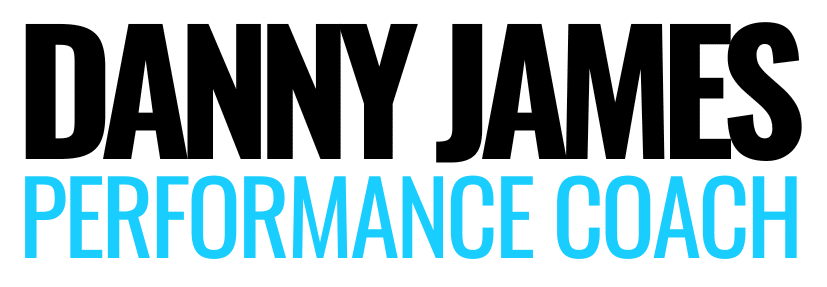
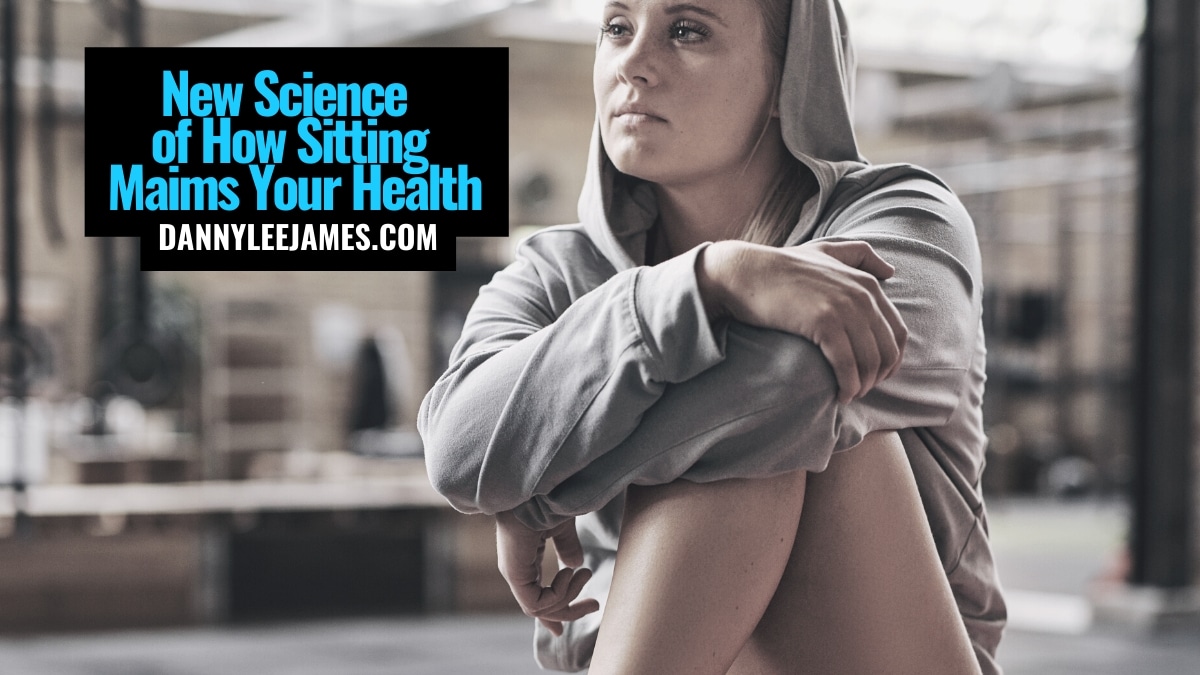
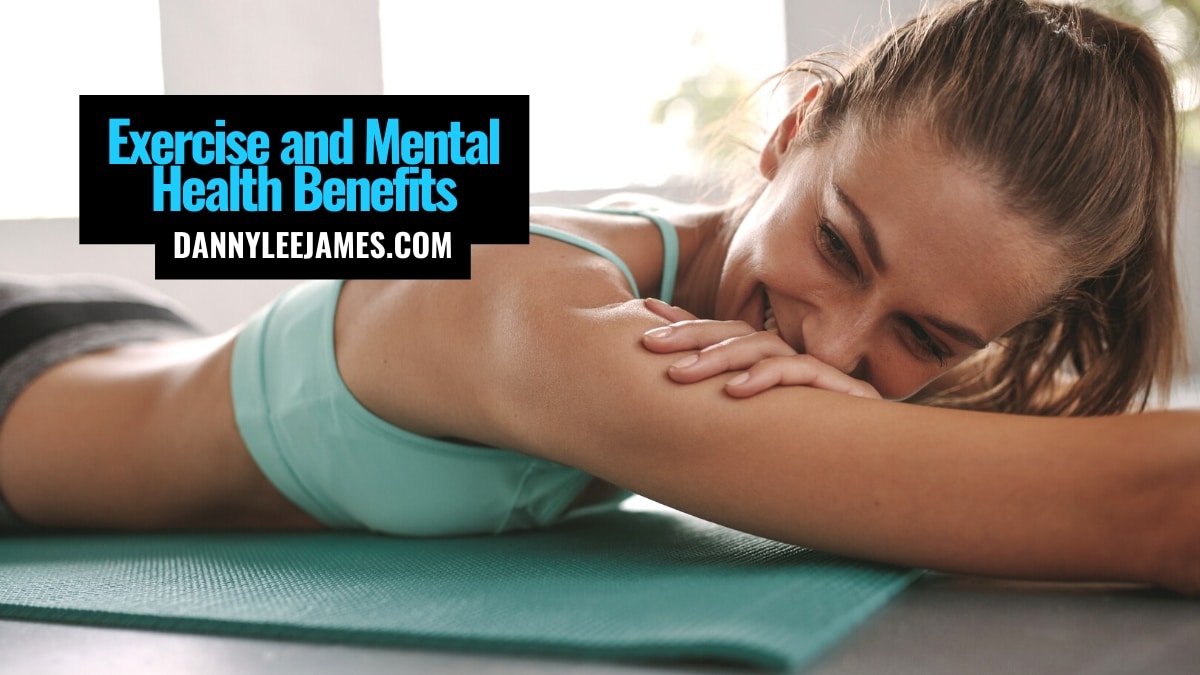


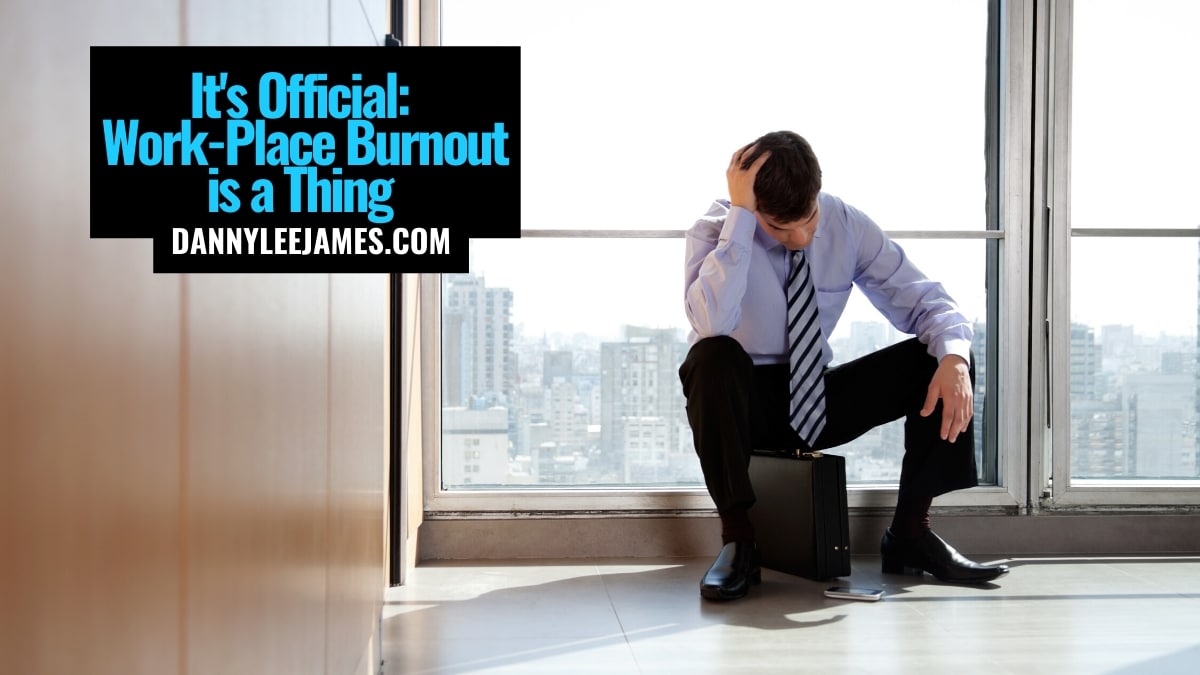
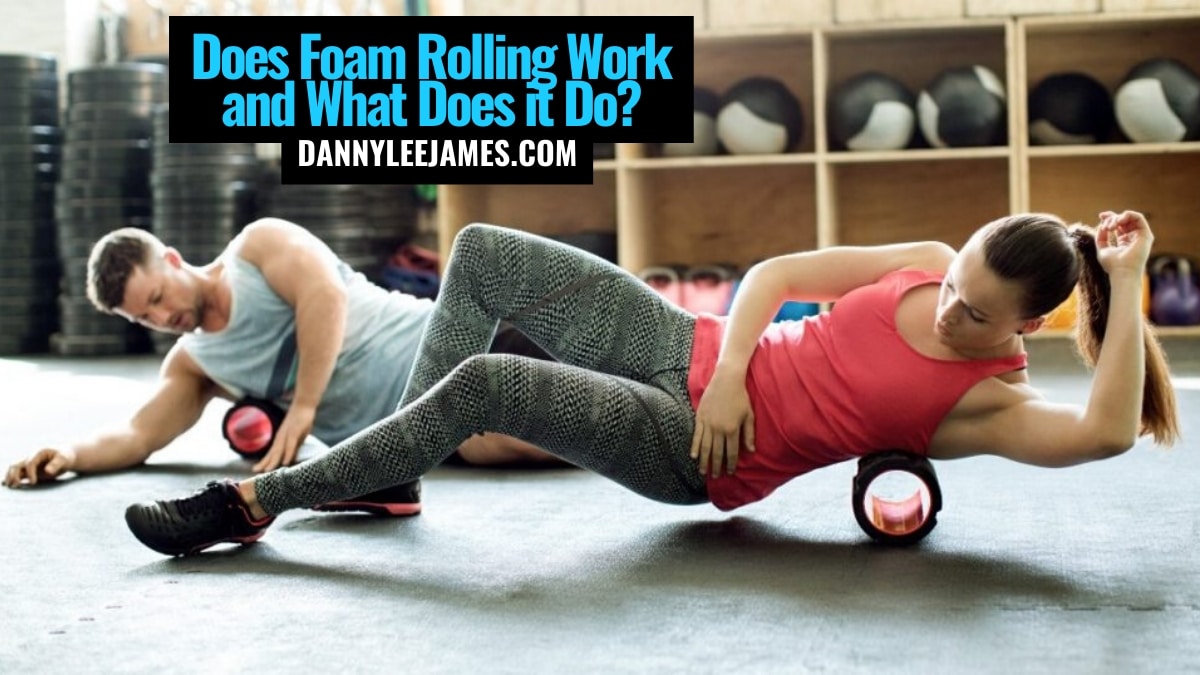
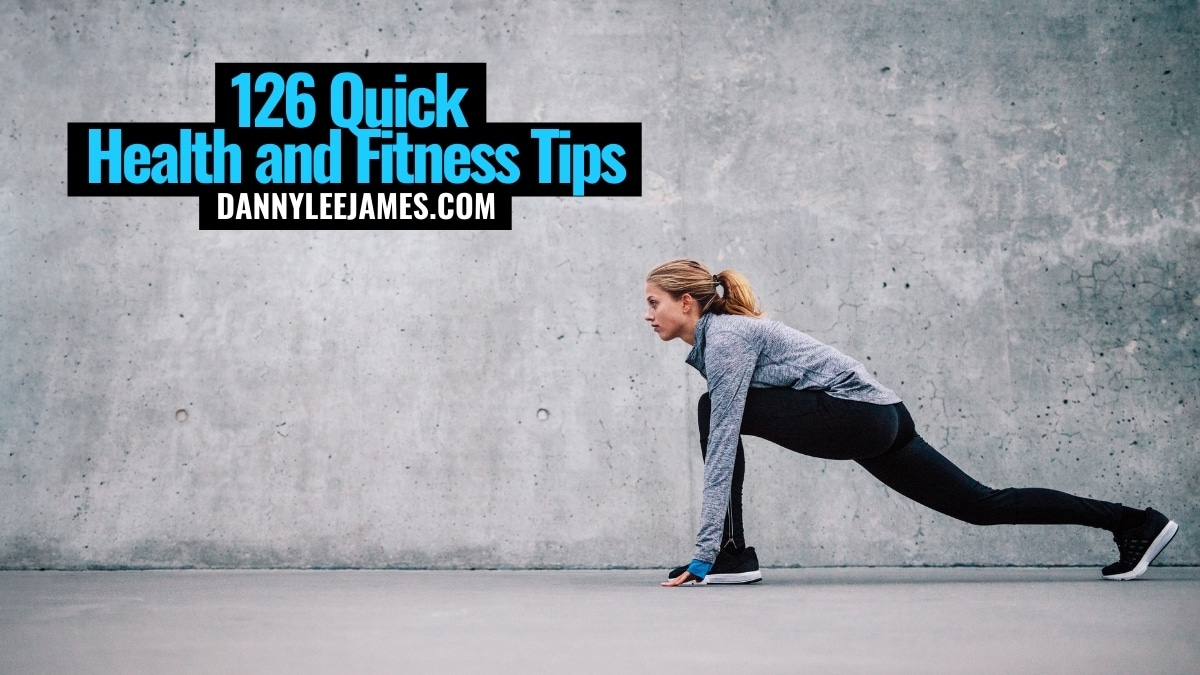
[…] the operating power of that vital machinery through regular strength training is a must for fending off the rust of sedentary living and keeping us moving, exploring and interacting with the world long into the afternoon of our […]
[…] a long time, a growing body of research has connected regular exercise and keeping active in general, with reduced risk of all-cause mortality, cardiovascular disease, diabetes, stroke and […]
[…] does it wield the power to undo the damage of poor exercises choices or not moving enough in the first […]
[…] become an increasingly sedentary society and more exposed than ever to the […]
[…] New Science of How Sitting Maims Your Health […]
[…] Move often […]
[…] It’s always uplifting to hear that sound from across the gym, of somebody popping away with a personal purpose. It’s an echo of unbridled effort. The pounding of long-dormant primal instincts awakened at last. A revolt against inertia. […]
[…] protein intake to promote protein synthesis and a positive nitrogen balance. Moreso than otherwise sedentary or endurance training […]